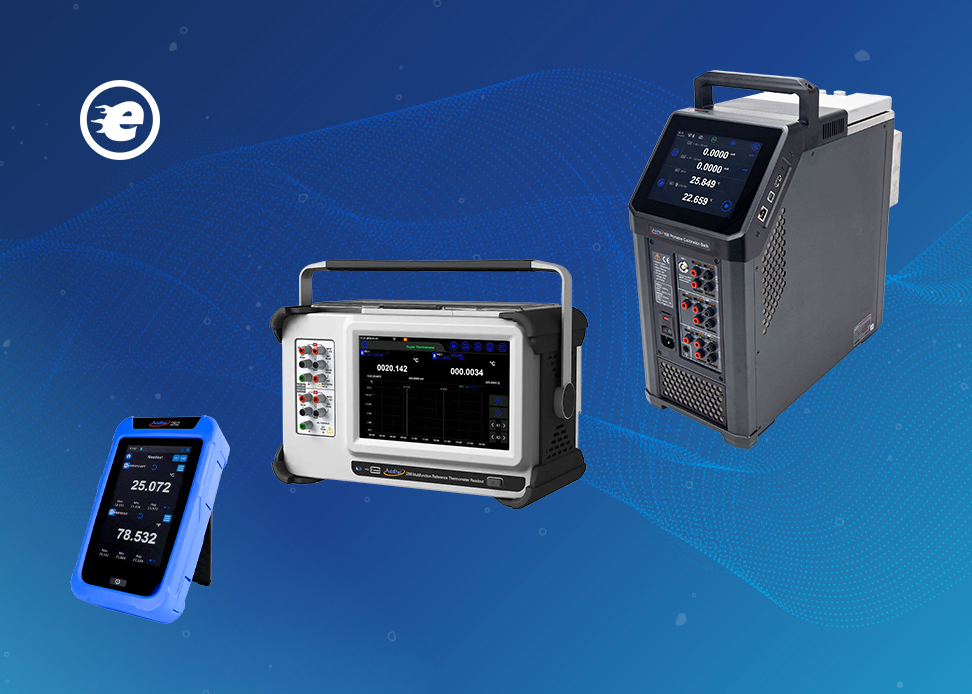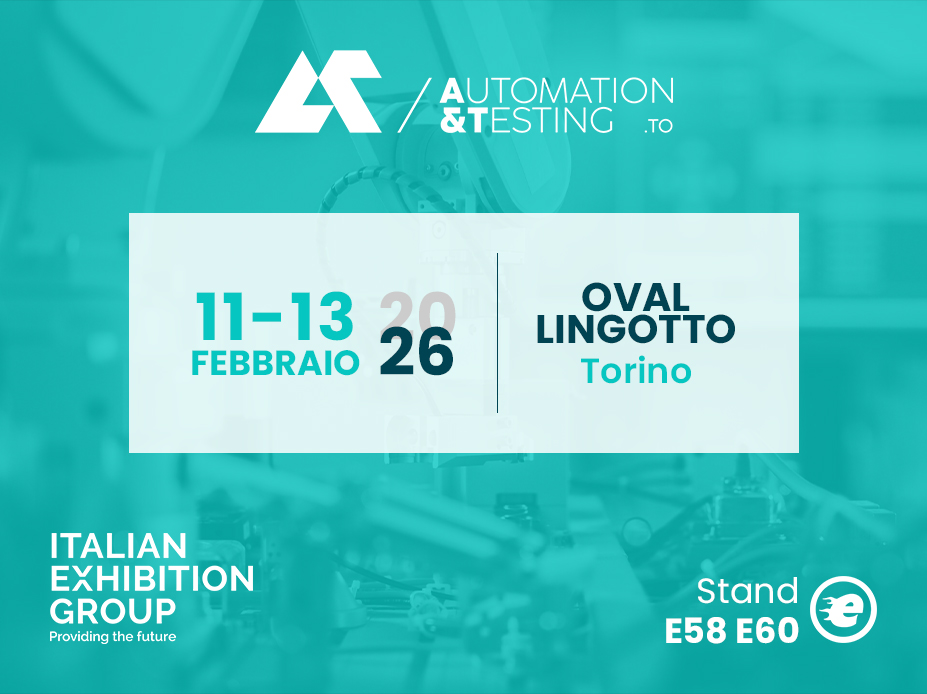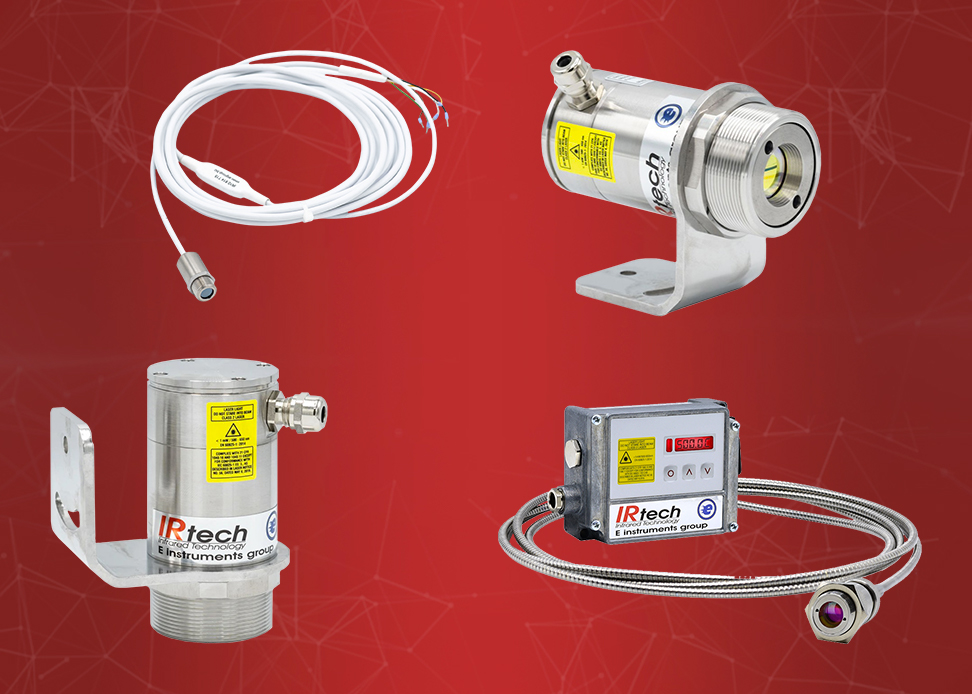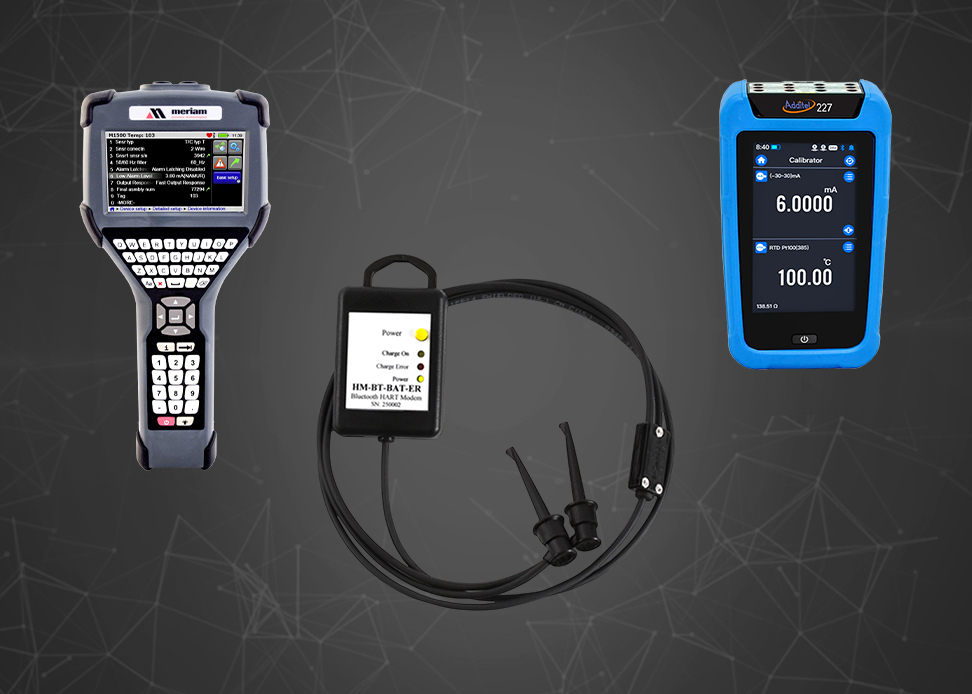
What a Temperature Calibrator Is and How It Works
Temperature calibrators are essential instruments for ensuring precise and reliable measurements in industrial and laboratory settings. Their role is to verify and calibrate the functioning of temperature measurement devices—such as thermocouples, resistance thermometers (RTDs), sensors, probes, dataloggers, and others—ensuring that they deliver accurate readings in line with required standards.
The operating principle is fairly straightforward: the calibrator creates a controlled thermal environment into which the sensor under test is placed and compared against a certified reference instrument.
This controlled environment can be established via different methods: - using thermostatic baths (also known as calibration baths or calibration baths), which employ liquids (or salts) to maintain extremely stable and uniform temperature; - using dry-block calibrators o dry furnaces / calibration ovens, which offer a compact and liquid-free solution ideal for field calibration or for sensors that cannot be immersed in liquids.
These systems are typically paired with reference probes and dedicated thermometers, which act as the precision benchmark against which sensors under calibration are compared.
With this setup, portable temperature calibrators and laboratory units allow fast, precise verification of instrument accuracy, reducing errors and ensuring consistency across production or measurement processes.
Why Temperature Calibrators Are Essential
In many industrial sectors, temperature is a critical parameter: it affects quality, safety, and regulatory compliance. The use of temperature calibrators makes it possible to obtain reliable, certified measurements, delivering real benefits to any production environment.
Key advantages include:
- Measurement accuracy: devices like calibration baths or calibration ovens ensure precise and reliable values.
- Process safety: a wrong temperature reading can compromise entire production runs or pose risks to equipment and operators. Industrial calibration helps to mitigate such hazards.
- Regulatory compliance: using certified instruments ensures alignment with international standards and the certifications required in regulated sectors.
- Cost optimization: reduced rejects, fewer production stoppages, and improved operational efficiency./li>
- Long-term reliability: with regular calibration schedules (typically annual), companies can ensure sensors and measurement instruments remain accurate and dependable.
In short, calibrators are not mere technical tools—they are guarantees of quality and reliability, transforming calibration into a strategic investment for companies.
The Main Types of Temperature Calibrators
There are various types of temperature calibrators, each designed to meet specific needs in measurement, calibration, and maintenance. From the precision of calibration baths to the versatility of portable dry-block furnaces, and the dependability of reference probes and calibration-grade thermometers, each solution plays a defined role in ensuring accuracy and safety in industrial and laboratory processes.
Calibration Baths: Precision for Labs and Industry
Calibration baths (also known as thermostatic baths or calibration baths) are among the most used calibrators in metrology labs and industries where absolute precision is critical. These instruments use a thermostatic liquid medium that, kept at a stable and uniform temperature, allows immersion of probes, sensors, dataloggers, and thermometers under calibration.
Thanks to their accuracy and uniformity, calibration baths are ideal for applications in pharmaceutical, food, R&D, and any field where even small deviations can jeopardize the quality or safety of processes or products.
Portable Dry-Block Furnaces: Flexibility and Speed
Dry-block furnaces (also known as dry calibration ovens) represent a compact and practical solution, perfect for executing calibrations in the field. These devices generate a controlled temperature zone inside a metal block with dedicated wells into which the sensors to be calibrated are inserted.
The key advantage is portability: portable temperature calibrators maximize efficiency and minimize downtime by allowing quick, reliable checks directly on site. They are widely used in industries such as industrial maintenance, HVAC, energy, and general instrumentation.
Reference Probes: Reliability in Calibration
Reference probes (or sample probes) are indispensable in any calibration process—industrial or laboratory. These are ultra-precise sensors used as standards to compare and validate measurements from other instruments like transducers, sensors, probes, or temperature dataloggers.
Their reliability ensures the overall quality of the calibration process: without a certified reference, the data provided by calibrators would lack sufficient accuracy. Reference probes are often paired with calibration baths, dry-block furnaces, and primary thermometers, completing the measurement chain.
Calibration Thermometers / Standard Thermometers
Calibration thermometers, also known as standard thermometers or reference thermometers, are high-precision instruments used as a benchmark when calibrating other sensors or industrial thermometers. Unlike general-purpose measurement devices, these instruments are built to deliver stability, reliability, and adherence to international metrology standards.
They are commonly used in accredited metrology labs and quality departments within companies. When combined with calibration baths, dry-block furnaces, or reference probes, calibration thermometers ensure that every instrument used in industrial operations performs with the highest possible accuracy.
Sectors That Use Temperature Calibrators
Temperature calibrators are versatile tools found in many industries where precise thermal measurement is crucial for ensuring quality, safety, and regulatory compliance. Key fields include:
- Pharmaceutical and medical industries, for verifying incubators, autoclaves, and laboratory equipment, where even slight temperature deviations can affect product compliance.
- Food industry: for process control in cooking, storage, and refrigeration—essential for meeting HACCP and food safety standards.
- Energy and petrochemical sectors: for monitoring high-temperature or critical systems, where industrial calibration is essential to mitigate risks.
- Research and development: where calibration baths and standard thermometers are used to secure highly precise measurements in laboratory experiments.
- HVAC and plant maintenance, where portable temperature calibrators allow technicians to perform rapid in-field checks without interrupting production.
In all these contexts, calibrators become indispensable tools for ensuring operational reliability and safety.
How to Choose the Right Temperature Calibrator
Selecting the right temperature calibrator depends on multiple factors: the required level of precision, the specific application, and the operational environment.
Consider the following criteria: - Required accuracy: calibration baths offer the highest stability and are ideal for metrology labs; portable dry-block furnaces provide practicality and speed in field operations. - Temperature range: depending on the industrial application, choose instruments that cover necessary intervals—from cryogenic levels to the high temperatures encountered in energy and metallurgical processes. - Portability and practicality: for maintenance tasks and periodic checks, portable temperature calibrators are often the most suitable option. - Reference instruments: using reference probes and calibration thermometers is essential to produce certified, accurate measurements. - Industry / use case: depending on the environment and required precision, different calibrator versions (more or less advanced) may be more appropriate.
A careful evaluation of operational needs helps in selecting the most suitable calibrator, optimizing both cost and results.
The Value of Professional Temperature Calibrators
Professional temperature calibrators are not just measuring instruments, but strategic assets for ensuring safe, efficient, and standards-compliant processes. In an increasingly competitive industrial world—where precision and reliability are differentiators—equipping your operation with the right technology protects product quality, minimizes risks, and optimizes costs.
Choosing the appropriate calibrator is crucial: different sectors require different features—from the utmost precision of calibration baths to the versatility of portable dry-block furnaces, coupled with calibration thermometers and reference probes.
At E Instruments, our technical team—backed by over 30 years of experience—does more than supply instruments: we assist you in selecting solutions tailored to your requirements, offering: - Specialized consulting to identify the optimal solution; - Qualified technical support to ensure correct and informed use; - Guarantee and after-sales assistance: providing availability and support to maintain the value of your investment.
E Instruments is built on the principles of reliability, innovation, specialization, and technical support. Companies and professionals who rely on us know they can count on a strong and trusted partner—able to transform needs into concrete, customized technological solutions.
If you want instruments that guarantee cutting-edge technology and precision, plus a partner to support you every step of the way, our professional temperature calibrators represent the safest and most strategic choice for your business.





